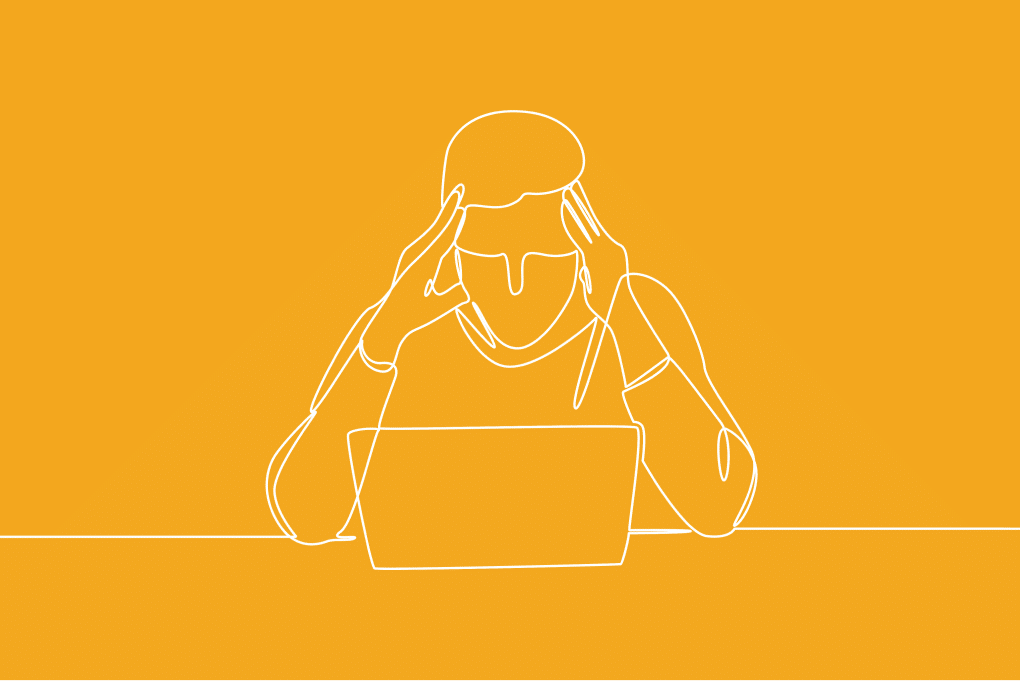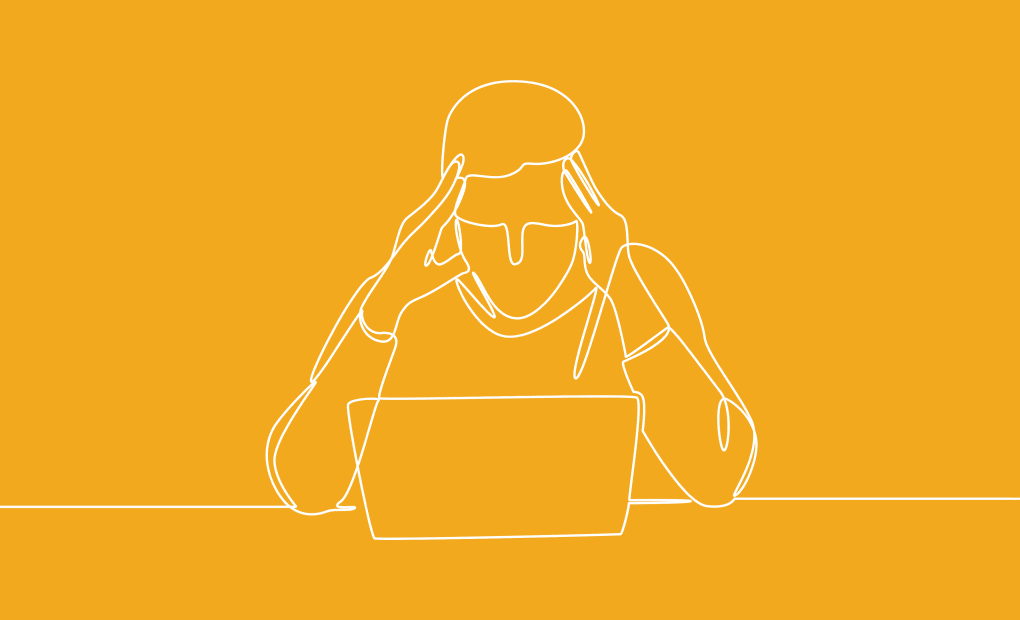The term ‘burnout’ is being used by people to express dissatisfaction in the workplace or life. GPs are seeing an increasing number of patients who complain of burnout and difficulties managing life stressors, with an expectation that we can assist them. However, what happens when the GP is also feeling burnt out?

Defining Burnout
Burnout is characterised by three key dimensions:
- Emotional exhaustion: Feeling energy-depleted, unable to give, a loss of enthusiasm, and feeling overwhelmed.
- Cynicism: Developing a negative attitude toward work, experiencing a loss of motivation, increased irritability, and a diminished sense of empathy.
- Lack of professional efficacy: A reduced sense of accomplishment and efficiency in one’s role.
Burnout arises from chronic workplace stress that has not been successfully managed. It differs from depression as it is specific to the workplace, although the two can coexist.
Consequences of Burnout on Patient Care
Burnout can have serious consequences on a GP’s ability to provide safe and effective care, leading to an increased risk of suboptimal outcomes and potential medical negligence.
When a GP is sleep-deprived, fatigued, and overwhelmed, it becomes difficult to manage even routine tasks, and can result in:
- Falling behind on administrative duties (which can be exacerbated by increasing red tape and fear of regulatory implications).
- Delays in patient care due to redoing rejected referrals or procrastinating on essential tasks.
- Missing critical follow-ups or test results due to cognitive overload.
These factors can lead to delays in patient care and increase the likelihood of errors and complaints.
The growing expectation from patients to receive immediate responses via electronic communication further adds to a GP’s workload, leading to resentment and a diminished sense of professional satisfaction.
The Emotional Toll of Burnout
Cynicism, a hallmark of burnout, can lead to irritability and a tendency to be sharp with patients or colleagues. This may result in shorter, less empathetic consultations, where the focus shifts from thorough care to quickly resolving issues with a prescription or referral.
Over time, the GP may develop a negative outlook and feel disconnected from their work, which can be perceived by patients as callousness or a lack of care.
Miscommunication due to stress and the GP’s attitude are often sources of patient complaints. The GP may also withdraw socially, impacting relationships outside of work and potentially leading to harmful coping mechanisms, such as substance abuse, which further impairs their ability to provide quality care.
The Impact of Workload and Workplace Mismatch
The demands placed on GPs are substantial, with little opportunity for breaks. Even when breaks are scheduled, they are often interrupted by urgent cases, leading to long hours and unpaid overtime, which fosters resentment and fatigue.
The increasing number of patients seeking help for mental health issues can be emotionally draining, especially when resources are limited.
The unpredictable nature of daily workloads, coupled with the expectation to solve multiple problems in short appointments, creates time management challenges and can lead to further complaints from patients who feel their needs are not being fully addressed.
The added pressures of ongoing Continuing Professional Development (CPD) compliance, particularly the rumoured compulsory checks at age 70, and the growing shortage of GPs entering the profession, exacerbate the feeling of inefficiency and reduce both financial and emotional rewards.
Addressing Burnout
There are strategies that GPs can implement to mitigate burnout.
- Recognise the signs
It is important to recognise the signs of burnout, which can include feeling drained, uncaring, unable to cope with life stressors or unable to sleep. You may feel sad or irritable, be ‘run down’ and more likely to get sick. You may also use more alcohol or other substances. - Seek assistance
When we recognise the signs of burnout it is important to seek assistance. Sometimes just telling someone how you feel is helpful. You can seek professional support and referrals from your own GP. There is also a confidential phone service for GPs that can be accessed. It may be appropriate to take some time away from work. - Set boundaries
GPs have a keen sense of responsibility and it can be difficult to set boundaries. However, it is a case of ‘fitting your own oxygen mask first before you help others’. To set boundaries, consider workload, consultation times, and billing practices. Set policies in regard to what constitutes an urgent or emergency appointment and learn to say no to excessive demands. Delegate where possible to colleagues. - Prioritise self-care
Social support and activities outside work are vital. Factor in time for building and maintaining social support networks, and engaging in hobbies, exercise or relaxation. Consider getting up earlier to allow some time for your own activities before the day starts.
These measures can help prevent burnout and improve the quality of care provided to patients. It is also essential to support junior colleagues in adopting these practices to ensure the long-term wellbeing of the medical profession.
In summary
Burnout has three dimensions, including emotional exhaustion, cynicism and lack of professional efficacy. It can significantly reduce productivity and patient care quality, increasing the risk of errors, loss of empathy, and subsequent complaints.
GPs must be proactive in managing their workload and seeking support to maintain their ability to provide safe and effective care.
Author:
Dr Gillian Dyer
General Practitioner
MBBS, FRACGP, Dip Family Planning, Dip Sexual Health, Dip Dermatology
For further information on advicor’s tailored process, click here.
